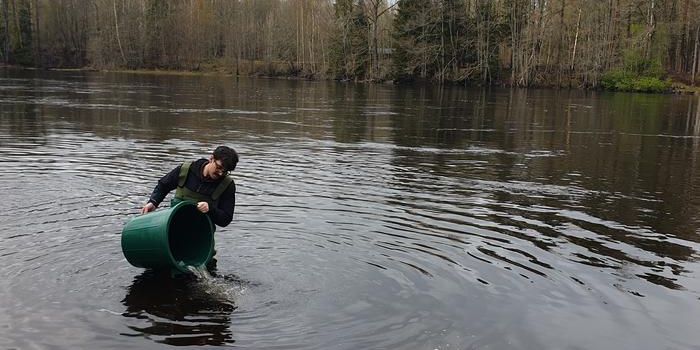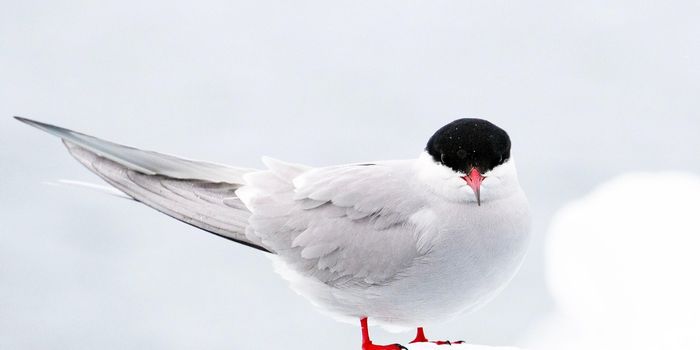Olfaction Plays a Large Role in How Birds Navigate, Study Finds
Birds are known for taking incredibly long trips when foraging or migrating, but the hidden mechanisms behind how they find their way back home without getting lost have left scientists debating for years.
Image Credit: Miguel McMinn
Olfaction (the sense of smell), and being able to home in on the Earth’s magnetic field, are just two abilities that a plethora of birds utilize to make long-distance navigation of this caliber possible. But the extent of which each sense plays a role continues to boggle the greatest scientific minds.
Countless previous studies involved displacing birds and hindering one or both of their senses to learn more about which is the most advantageous in helping them navigate back home. On the other hand, many have argued that displacing the birds in and of itself would be enough to confuse the creatures and result in inaccurate data.
To bring some clarity to the long-standing question, researchers from the Universities of Oxford, Barcelona, and Pisa took it upon themselves to track birds differently. They published the results of their study in the journal Scientific Reports.
Related: Yes, some birds sleep while flying
They turned to 32 Scopoli's shearwater birds located off the coast of Menorca to collect their data. These were further split into three separate groups and tracked as they went on several extended foraging trips.
Group one had their sense of smell temporarily sabotaged via nasal irrigation with zinc sulfate, group two had small magnets attached to their bodies to interfere with their detection of the Earth’s magnetic field, and group three wasn’t tampered with in any way to serve as the control.
Rather than artificially displacing the birds, however, the researchers allowed them to follow their natural movement patterns. Small GPS trackers were attached to all of the birds so the researchers could track their locations in in real-time.
Related: Flocks of birds use 'beautiful physics' to conserve energy
When the results finally piled in, the researchers noted how the anosmic birds found their way back to the colony. On the other hand, they seemed to take different paths to and from their destinations than the control birds did, orienting themselves in a manner inconsistent with the direction of the colony.
After approaching land, the researchers noticed changes in their movement projections as they began to turn ever-so-slightly to the correct orientation. These changes suggested that visual cues, such as familiar landmarks, played a role in helping the birds navigate when they couldn't smell their way home.
Given that many bird species have excellent eyesight, this hypothesis isn’t too surprising. On the other hand, the birds’ constant momentum in one direction while far away from land suggests that the Earth’s magnetic field served as a valuable resource for finding their way back toward their colony.
“To the best of our knowledge, this is the first study that follows free-ranging foraging trips in sensorily manipulated birds. The displacement experiment has – rightly – been at the heart of bird navigation studies and has produced powerful findings on what birds are able to do in the absence of information collected on their outward journey,” explained study senior author Tim Guilford.
“But by its nature, the displacement experiment cannot tell us what birds would do if they had the option of using outward-journey information, as they did in our study. This heralds a whole new era of work in which careful track analysis of free-ranging movements, with and without experimental interventions, can provide inferences about the underlying behavioral mechanisms of navigation.”
Related: There could be twice as many bird species in existence than originally thought
The study highlights how olfaction plays a significant role in how birds navigate over long-distance seascapes, but stripping them of this sense won’t stop them from getting to their destination. Proven by those that were temporarily stripped of their sense of smell, birds will backpedal on other senses to find their way back home if needed.
Source: University of Oxford









